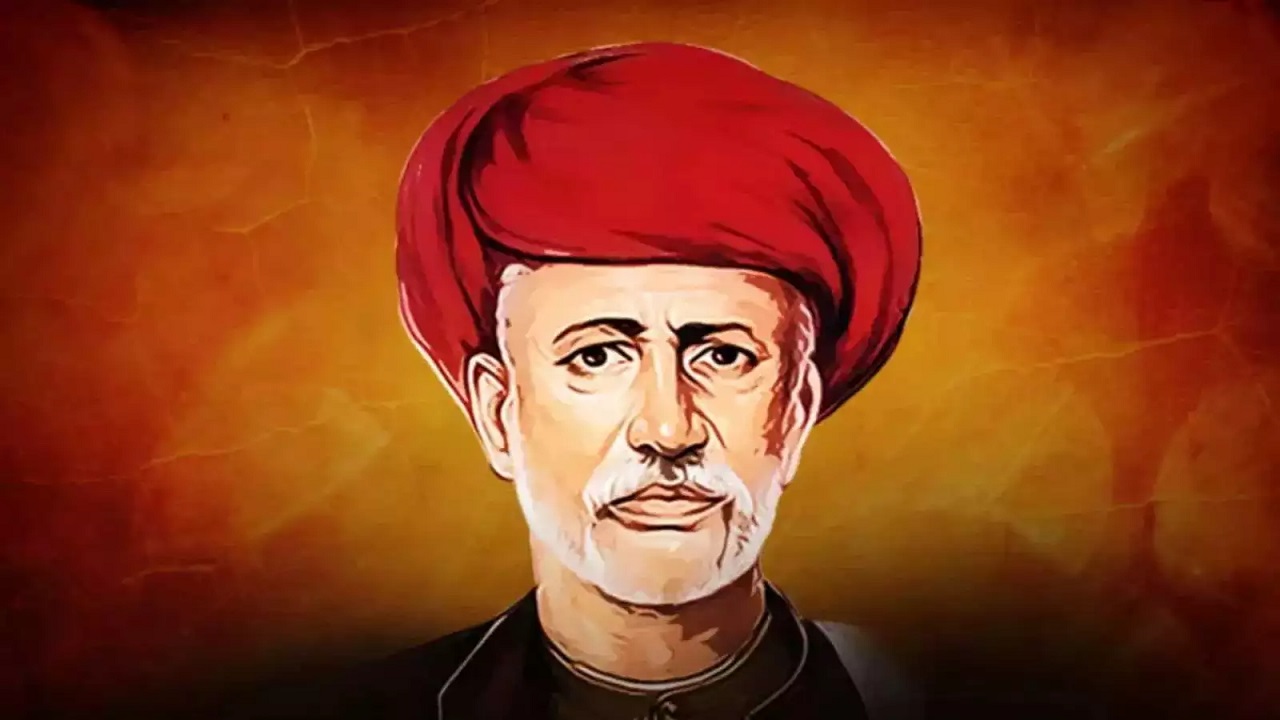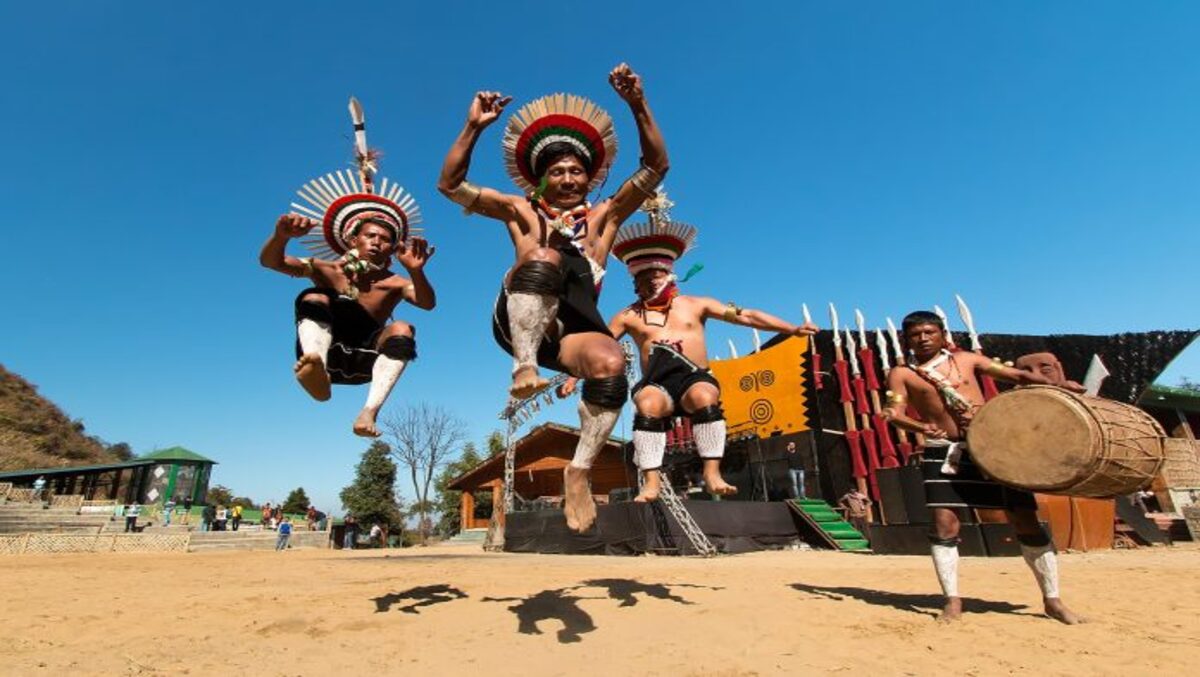Mahatma Jyotiba Phule : Breaking Barriers of Caste, Class, and Gender
Context
India recently celebrated the 197th birth anniversary of Mahatma Jyotiba Phule on April 11, 2025. Phule is remembered as a pioneering social reformer who relentlessly fought against caste discrimination, gender inequality, and social injustice. His progressive ideas laid the intellectual foundation for future reformers like Dr. B.R. Ambedkar.
Phule's legacy continues to shape India’s constitutional and social framework, especially its commitment to equality, dignity, and social justice — key themes for any UPSC aspirant studying India's reformist movements.
Who was Mahatma Jyotiba Phule?
-
Born on April 11, 1827, in Pune, into the Mali caste — a backward community traditionally involved in gardening and floristry.
-
His family acquired the surname 'Phule' as his father and uncles served as florists under the last Peshwa rulers.
-
Early exposure to Christian missionary education and Thomas Paine's "Age of Reason" shaped his critical thinking on religion, equality, and justice.
-
His own experiences with caste discrimination deeply influenced his life’s mission for social upliftment.
-
Advocated for collaboration with the British administration to address social issues, especially the condition of the depressed classes.
Satyashodhak Samaj (Society of Truth-Seekers)
-
Founded in 1873.
-
Objective: To institutionalize social reform and challenge the inequities of the caste system.
-
Focused on the emancipation of Shudras and Atishudras (Dalits) from Brahminical domination.
-
Different from movements like Brahmo Samaj, Arya Samaj, and Prarthana Samaj due to its grassroots-driven and inclusive approach.
-
Weekly Deenbandhu: The main communication platform for the movement, which highlighted the grievances of peasants, workers, and the oppressed castes.
-
In recognition of his reformist efforts, he was awarded the title "Mahatma".
Views on Religion and Caste
-
Published "Sarvajanik Dharma Pustak" (1891) — a critique of sectarianism and religious orthodoxy in dialogue form.
-
Condemned the chaturvarna system, which institutionalized social, economic, and political discrimination.
-
In his work "Gulamgiri" (1873), he compared caste oppression in India to racial slavery in America.
-
Advocated secular humanism and rejected the supremacist ideas found in orthodox religious texts.
-
Openly supported voluntary religious conversions as a path for oppressed communities to escape caste hierarchies.
-
Defended Pandita Ramabai's right to convert to Christianity in his work "Satsar" — a rare move for a non-Christian social reformer.
-
Authored "Manav Mahammand" (an abhang) that praised Prophet Muhammad’s role in challenging superstition and social orthodoxy.
View on the Revolt of 1857
-
Phule did not romanticize the 1857 Sepoy Revolt.
-
Considered the uprising a reactionary attempt to restore Peshwa-era theocracy rather than a true people’s revolution.
-
Worried that a Peshwa restoration would push Dalits and marginalized castes back into deeper social exclusion.
-
In "Gulamgiri", he critiqued both the Peshwa regime and Brahminical social order for maintaining systemic slavery.
Contribution to Women’s Empowerment and Education
-
Advocated equal rights for women and men.
-
Actively fought against social evils such as:
-
Female infanticide
-
Child marriage
-
Mistreatment of widows
-
Polygamy
-
-
Established one of India’s first orphanages for widows and their children, offering protection and dignity to socially abandoned women.
-
Co-founded India’s first school for girls in Pune (1848) with his wife Savitribai Phule.
-
Started night schools for laborers by 1855 to extend education to working-class men and women.
-
Recommended to the Education Commission:
-
Making primary education compulsory for all children up to age 12.
-
Providing scholarships and prizes for students from marginalized communities.
-
Establishing more schools in rural and backward regions.
-
Economic and Environmental Vision
-
Emphasized the economic empowerment of marginalized communities as the key to breaking caste-based exploitation.
-
Advocated for using military labor for public works like:
-
Construction of small dams and bunds for groundwater recharge and soil fertility.
-
-
Recommended that the government:
-
Return pasture lands (now marked as forest) to village communities.
-
Restrict deforestation and commercial exploitation of forests.
-
Dismantle the oppressive structure of the Forest Department, which exploited poor farmers.
-
Legacy
-
Mahatma Phule’s advocacy for social equality, gender justice, and economic empowerment shaped modern India’s reformist discourse.
-
His ideas inspired later social reformers, including Dr. B.R. Ambedkar.
-
Phule’s lifelong commitment to the marginalized made him a cornerstone of India’s broader struggle for justice, dignity, and equality.
-
His vision remains relevant today, as India continues to confront the challenges of social inclusion and empowerment.




Comments (0)